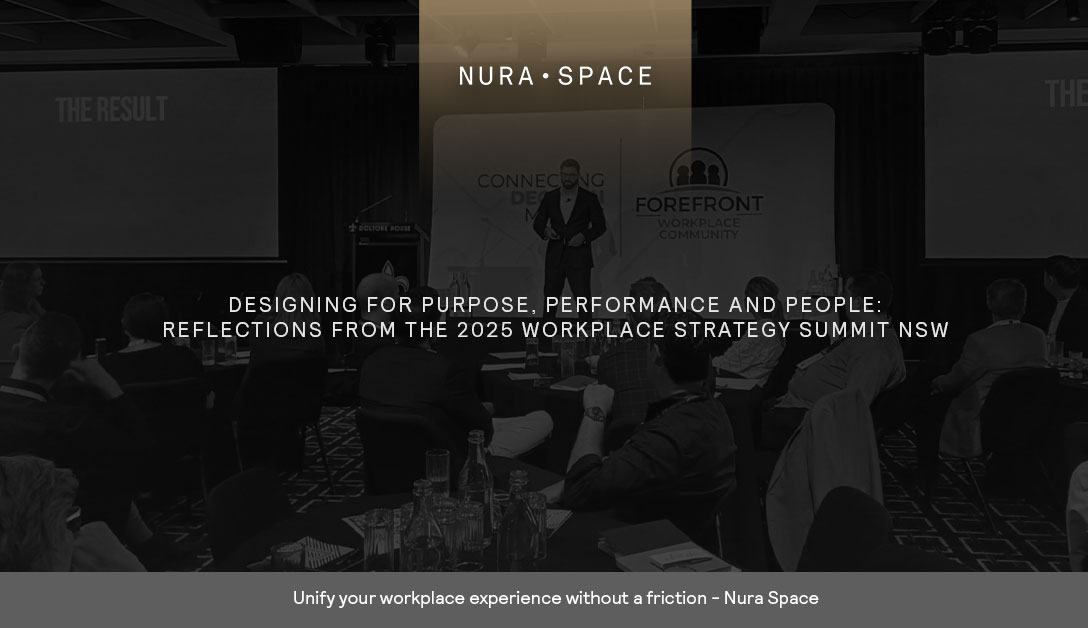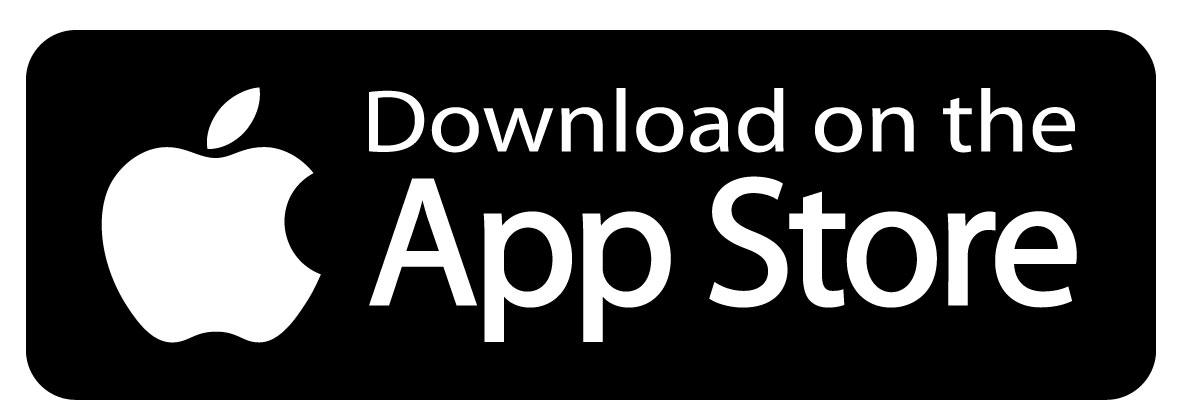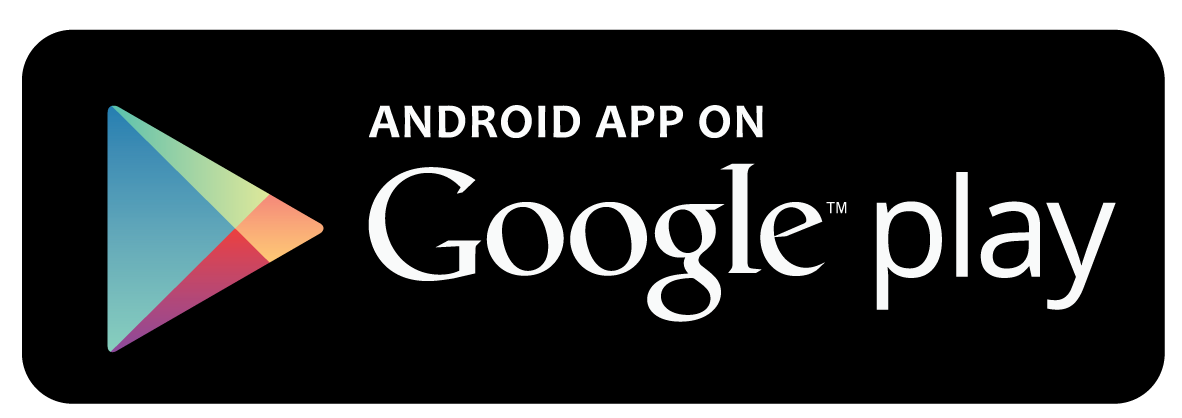Comparing hot desking and desk hotelling
When people consider hot desking and desk hotelling, they may appear similar from the outside. In both systems, people are free to sit where they want, to use the office space flexibly, and to take control of their day. In reality, there are several key differences between the experiences.










